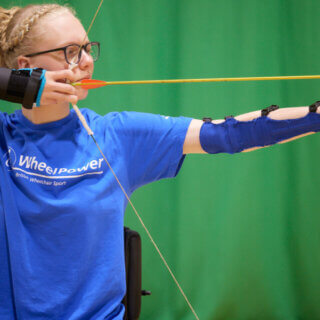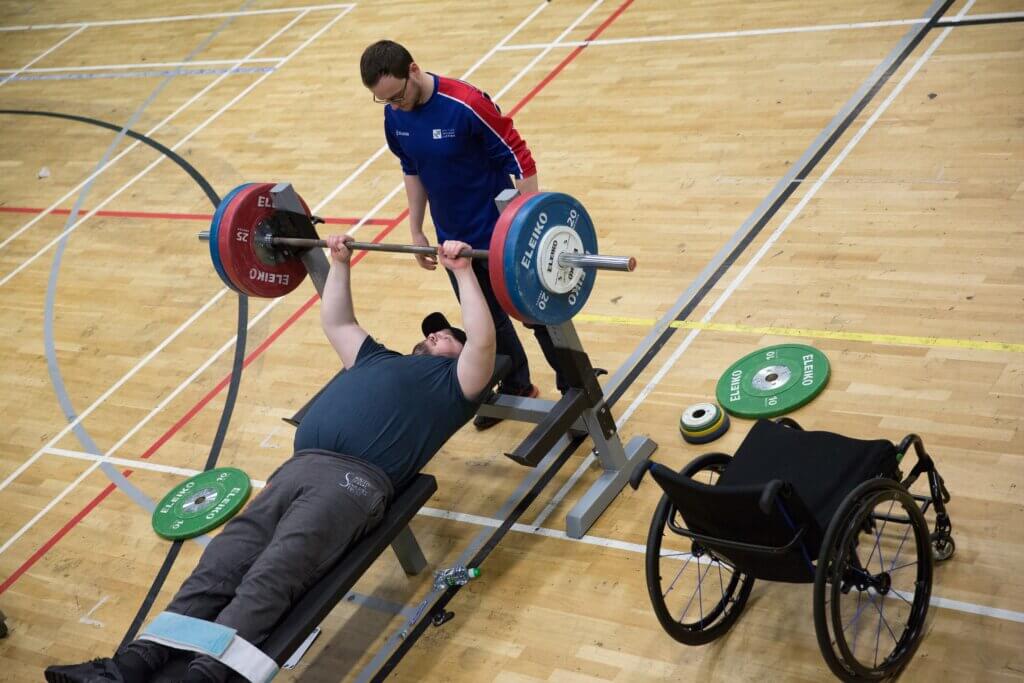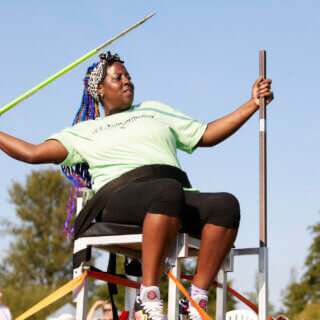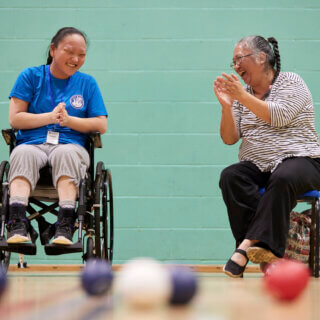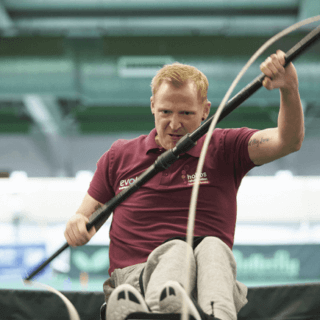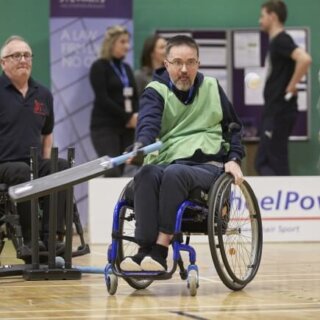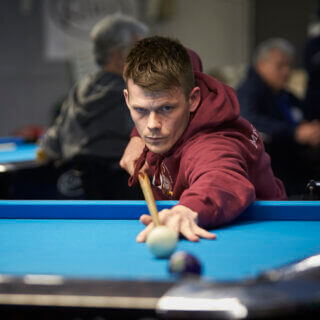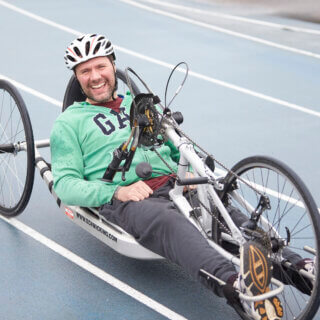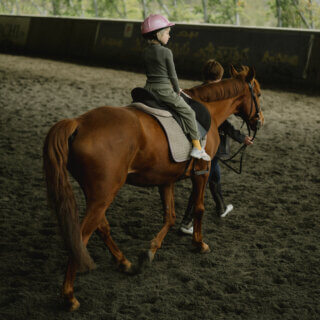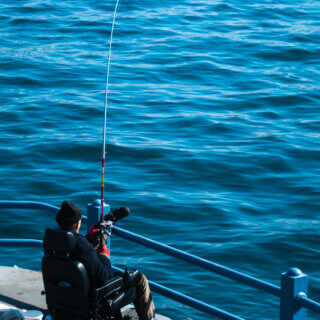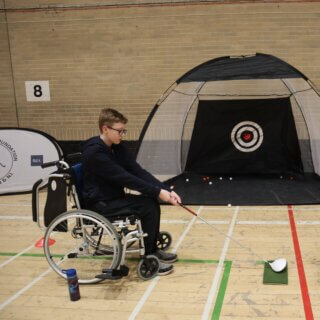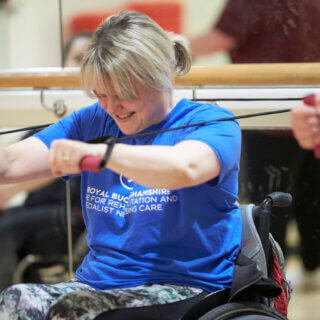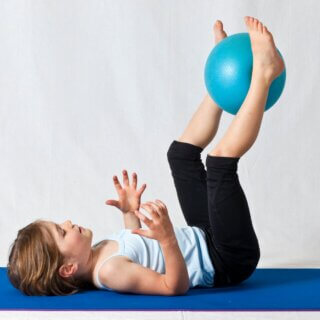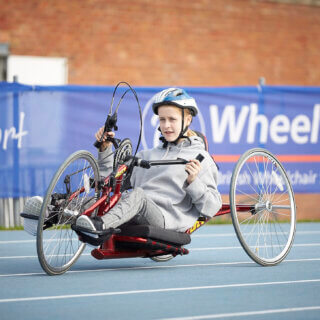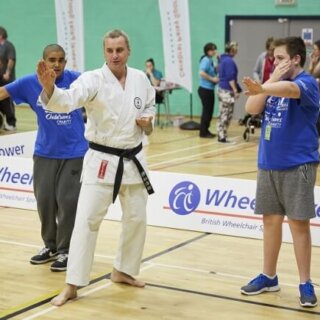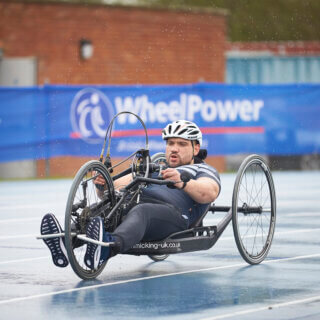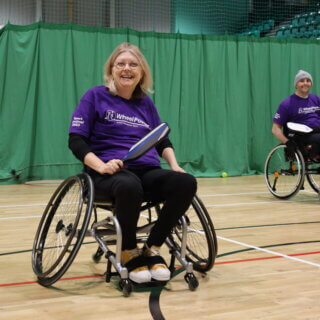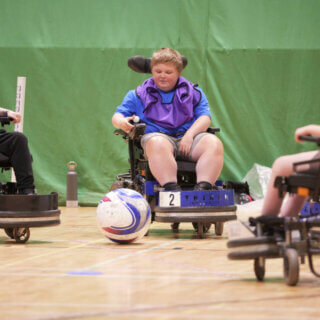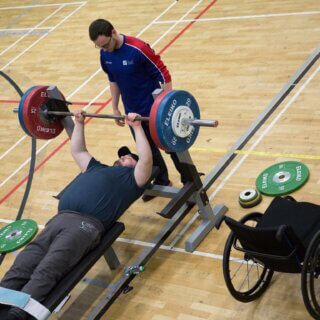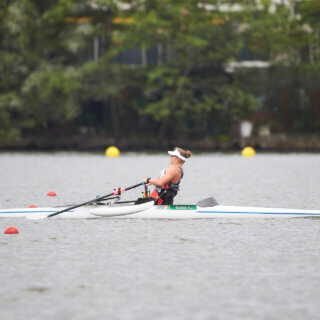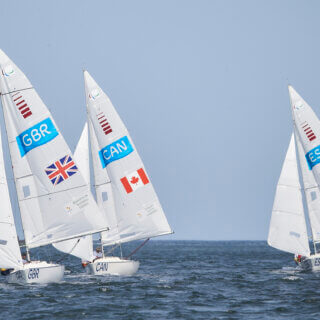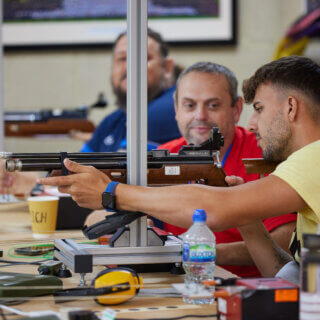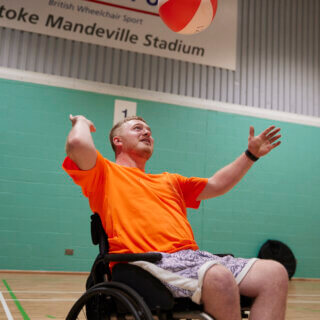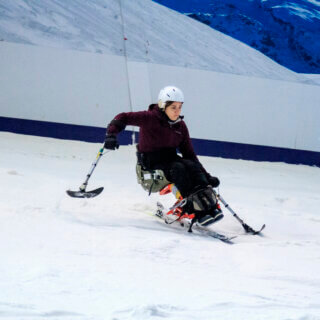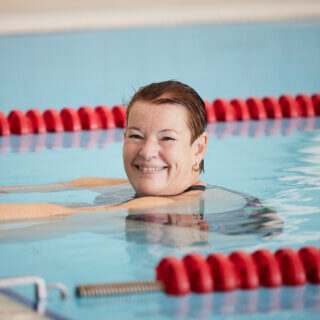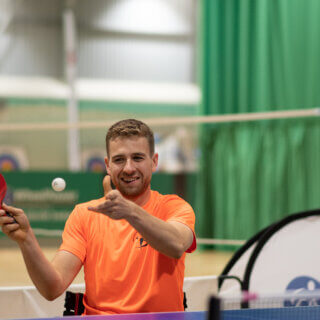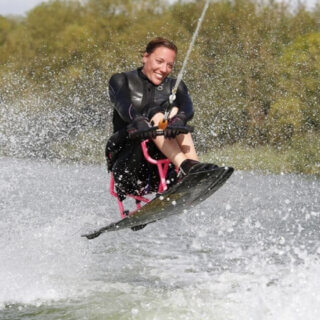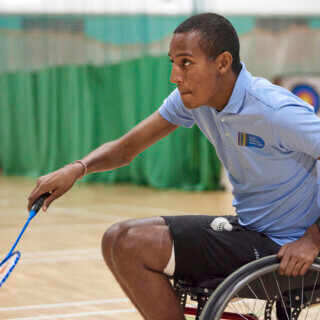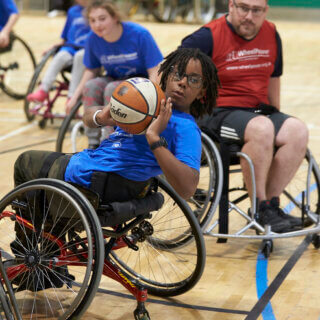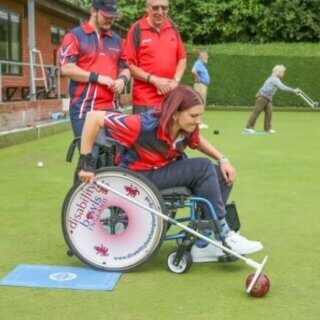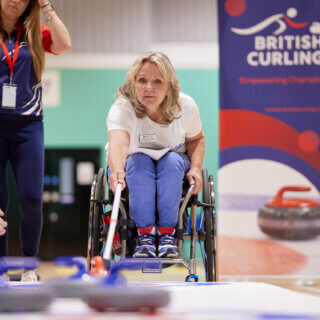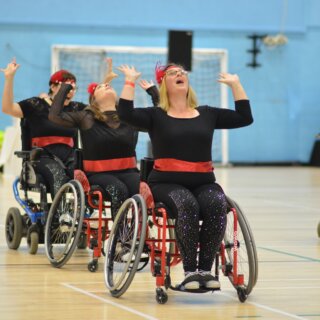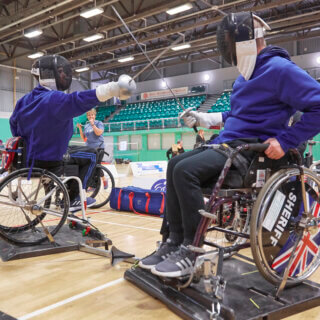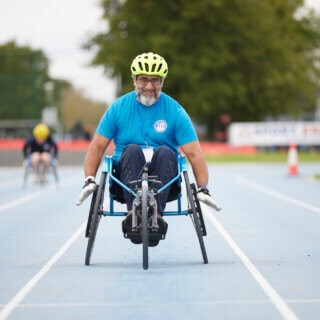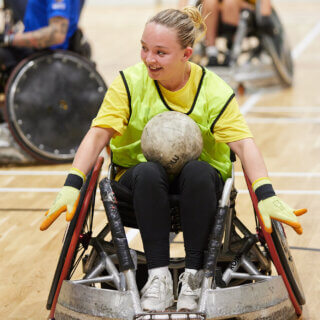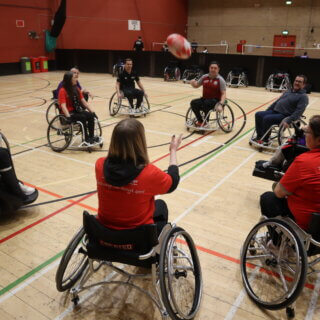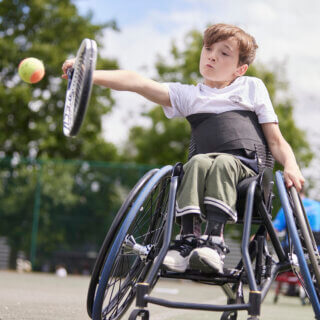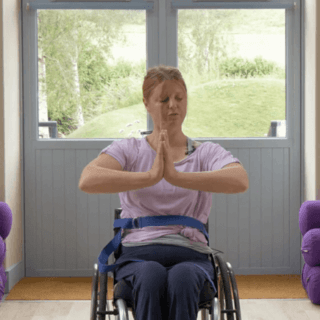The sport is adapted from non-disabled powerlifting, concentrating solely on the bench-press movement. The key aspect of the sport is simple; the person who lifts the most weight within their body weight category on the day of competition is deemed the winner.
Technical rules apply and during competition, 3 judges apply criteria in determining whether a lift is acceptable. Athletes must lower the bar to their chest, hold it motionless, and then press it upwards to arm’s length with elbows locking simultaneously. An athlete gets 3 attempts on stage to lift their maximum weight.
Powerlifting is a weight category sport meaning that there are medals to be won in 10 different categories depending your bodyweight. These categories range from <48kg to 100+ kg for men, while for women, the lowest weight class is <40kg all the way up to 82.5+ kg.
Taking Part
Within the UK, the majority of athletes compete in four Para powerlifting events across the year, both locally organised and nationally recognised events. The British Senior Championships which is the pinnacle event normally takes place in June/July of each year.
The British Powerlifting programme has been incredibly successful, and we are incredibly proud to support the growth of Para Powerlifting throughout the UK. In recent years, the programme has produced athletes such as Ali Jawad, Micky Yule and Louise Sugden (pictured below) and together this brilliant team have earned Paralympic medals, IPC World and European Championships, Commonwealth titles and British Championships to name but a few.
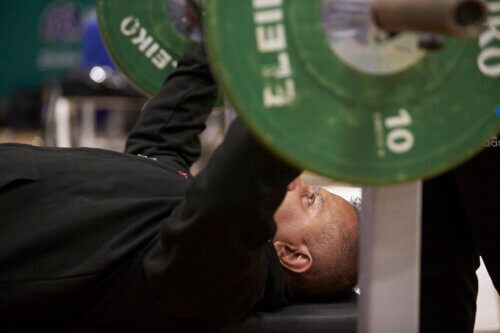
For those athletes who are recognised as having potential to compete internationally, there is the British Weight Lifting (BWL) Talent Confirmation which is a period of intensive training which aims to confirm athlete potential for the World Class Program (WCP). This develops all areas regarding what it takes to win medals at the Paralympic Games. This programme is home based with support and training camps based the high performance training centre in Loughborough.
